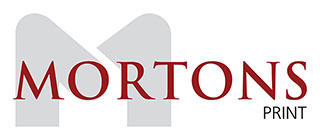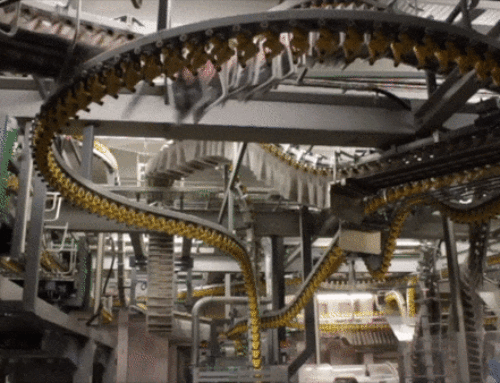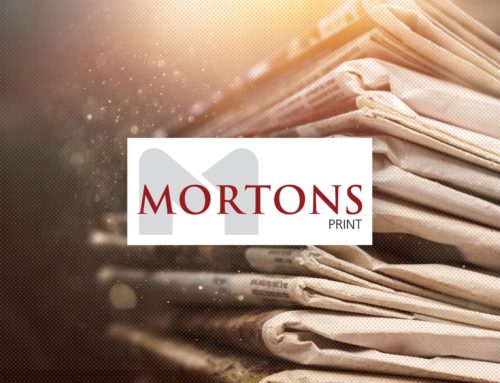Johnston Press chief executive Ashley Highfield (pictured) has warned that local newspapers will close if MPs do not overturn the Section 40-style clause in the Data Protection Bill when it comes before the House of Commons.
Writing in the Yorkshire Post, Mr Highfield said: “We always want to get the story right: that is how we serve our readers and our business won’t prosper unless we serve them well.
“So elected MPs, even if they’ve been on the wrong end of tough scrutiny from their local paper, need to stand up for a free press and local democracy. If they agree that their constituents must have the opportunity to hold them accountable through free and fair reporting – they must overturn the vote in the Lords.
“Because if this reckless act is not overturned, many papers will not be around to serve local communities at all.”
Announcement welcomed
Mr Highfield welcomed the announcement by the Prime Minister of a review into the sustainability of the news media industry, adding: “There are real, long-term challenges facing our industry – not least the role of the role of the tech giants, Facebook and Google, who hoover up most ad revenue – profiting from journalism they do not produce – and preventing publishers from generating a fair return on their content.
“But today I am writing about an even more pressing short-term challenge. Because just a few weeks before the Prime Minister underlined the vital importance of local papers to our democracy, the House of Lords did something astonishing to undermine our work.
“They used an entirely unrelated Bill on data protection to sneak through an amendment that could threaten the existence of many local newspapers. Now elected MPs need to protect the work of the local press – and local democracy – by undoing the work of unelected peers.
Backdoor threat
“We need them to vote down this harmful, backdoor threat to local and regional papers like the one you are reading. Which is why I am writing direct to our readers today, to encourage you to make your views known to your MP and ensure we continue to have a vibrant and free local press.”
Mr Highfield wrote about the threat facing local papers which would face the prospect of being forced to pay the costs of the claimant for every claim brought under the data protection regime, regardless of whetehr or not it had any merit, if the Section 40-style clause was brought into force.
He continued: “Not only is that unfair, not only would it create a constant fear of financial ruin, but that fear would have a devastating effect on the freedom of journalists to do what we all need them to do: to hold the powerful to account without fear or favour.
“If someone didn’t like a critical story their local newspaper had run, they could threaten legal action in the knowledge that even if they lost they would face no cost and the newspaper would be damaged, possibly ruined. It would have a chilling effect on journalism.
“That is why we were relieved when the Government said it would repeal this awful measure, but now the Lords wants those provisions to be enforced through another means.
Robust press regulation
“To be absolutely clear, we want and expect robust press regulation. But that cannot mean a choice between quasi-state regulation and the constant fear of financial annihilation at the hand of those who do not want to be held to account.
“The new, industry backed regulator we are now signed up to is tougher than critics realise. If an enquiry is raised by the Independent Press Standards Organisation on one of our smaller local titles a vast number of work hours can be spent exhaustively going through notebooks full of shorthand and taped recordings in order to be sure we got the story right, and to resolve any complaint.”





